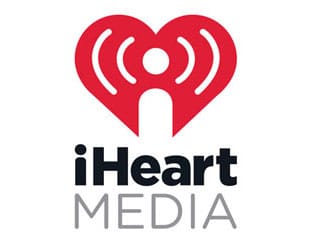Creative Deconstruction, www.creativedeconstruction.com, a website for artists and bands interesting in taking the music business into the future thinks that the Performance Rights Act is nonsense, and has five reasons for this belief. In a nutshell, the reasons are that it would hurt local radio, hurt independent musicians, the lessons of the history of payola, the label’s shifting arguments, and questions about who really would benefit.
CD notes that excessive royalties have killed off numerous music sites, and fully expects that many radio stations will suffer the same fate. It notes that college stations, even with a discount plugged in, would be particularly hard hit.
Independent musicians will suffer because the new price tag applied to playing a song will encourage stations to tighten playlists even more than they are now and avoid as much risk as possible. It will just be one more hurdle for up-and-coming acts.
The history of payola, where labels willingly broke the law to get the airplay they crave and need, is proof that airplay is a critical marketing tool for the labels. So now it’s supposed to get the benefit of airplay, and cash from radio? It doesn’t make sense.
CD mentions how the labels have shifted their rhetorical leverage, first seeking royalties from satellite and internet platforms since they are different than radio, and now seeking royalties from radio to level the playing field. RIAA can’t have it both ways.
The labels get a 50% cut off the top of radio money collected to begin with, and will be the ones distributing cash to musicians. Looking at the history of distributing web-generated cash to musicians, where about 25% of eligible musicians simply went unlocated, does not make CD confident that musicians will be getting their fair share.
Just so nobody gets the idea that CD is some kind of front group for the NAB, as musicFIRST is for RIAA, here is CD’s self-description: “Started in 2009 by Refe Tuma, Creative Deconstruction is designed to keep the conversation going and help artists, bands and those willing to embrace new ideas seek innovative solutions to the problems and opportunities that face their industries.”
RBR/TVBR observation: This underscores a point we’ve been making for months – there are few industries where the relationship between key collaborators is more acrimonious than the relationship between labels and musicians. The fact that Congress is plunging into PRA without holding even one single hearing about the sordid history of label v. artist is outrageous.




